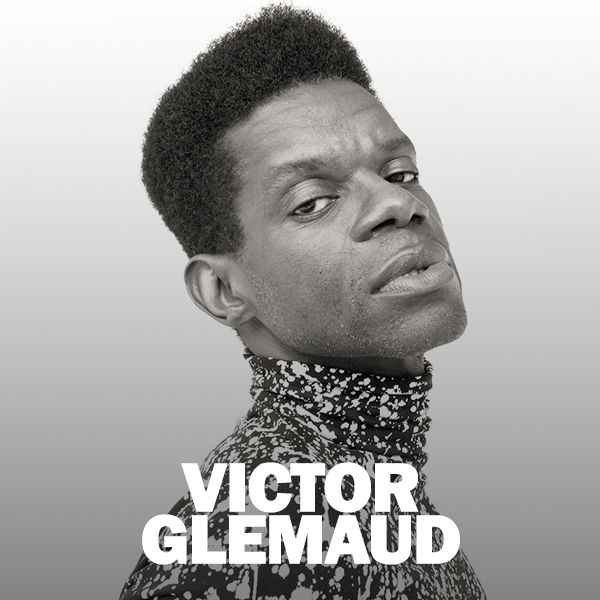Korina Emmerich on Ethics & Sustainability
June 22, 2021
Sacha Brown
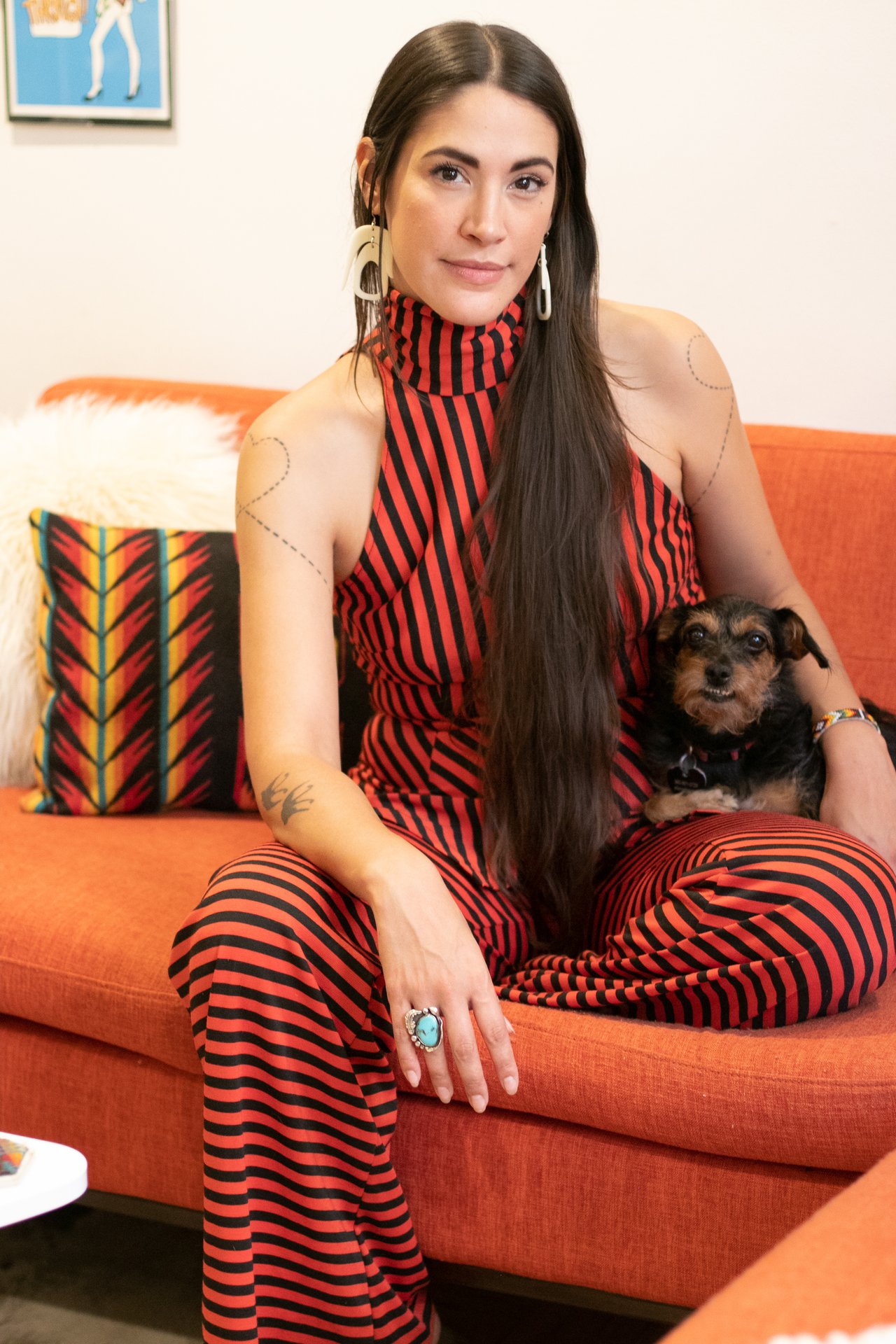

Korina Emmerich built her Brooklyn, NY-based brand, EMME Studio, on the backbone of expression, art, and culture. Originally from the Pacific Northwest, her colorful work is known to reflect her patrilineal Indigenous heritage from The Coast Salish Territory, Puyallup tribe. Her focus is on social and climate justice while speaking out about industry responsibility and accountability. Emmerich works actively to expose and dismantle systems of oppression and challenge colonial ways of thinking. She joins us this week for Part II of our Webinar series to highlight the contribution of the Native American and Indigenous community in American Fashion.
How does your culture play a role in your design philosophy?
The commitment I hold at the forefront of my business is “the success of one is not worth the detriment of many.” I believe this internal philosophy comes from growing up with strong ties to community and recognizing the impact our day-to-day choices can have. Many teachings are centered around our balance and stewardship of the land and unrelenting gratitude for all living things. Beyond the visual aesthetics of EMME Studio, our core focus is on sustainability and ethics before, during, and after the design process.
We are a made-to-order, direct-to-consumer label so we can have control over waste and over production. We are extremely cautious about eliminating waste in the design process and reinventing scrap materials. This philosophy of using materials until there is nothing left and never taking more than you need are inherently Indigenous concepts. Making sure we are reducing our overall impact. EMME Studio gravitates to all-natural fibers, wool being the cornerstone of our brand, as a multi-seasonal renewable fiber. The wool pieces featured in our 2021 collection are Cradle to Cradle-certified with low-impact dyes, so at the garment’s end of life, it can be recycled or composted as a healthy additive to the soil. In addition, wool helps regulate the humidity in the atmosphere and promotes better air quality by absorbing common contaminants freeing the air of harmful pollutants.
We hope to continue to grow these philosophies as well as our ability to hire and foster a sustainable working community at EMME Studio. Our goal is to be able to hire a strong team, pay supportive wages and provide good health insurance, and continue our community outreach and educational platforms.
How are you holding the industry accountable to ensure greater equity and inclusiveness for Native American and Indigenous designers?
In addition to running every aspect of EMME Studio, I am often a speaker and panelist on global platforms discussing the importance of Indigenous visibility, representation, sovereignty, and leadership. I serve on the Board of Directors for The Slow Factory Foundation, a 501c3 public service organization working at the intersection of Climate & Culture; building anti-racist community and growing climate-positive global movements. I believe any action towards climate justice must center the traditional and ancestral knowledge of Black, Brown, and Indigenous leadership. While many in the fashion industry are now marketing their “green” initiatives, sustainability can only exist at the intersection of climate justice and human rights. So visibility and fostering communication in an equitable and inclusive space is of the utmost importance.
These dialogues on accountability in the sector of fashion predictably lead to the conversation about cultural appropriation. While the flip side of the argument always ends with “it’s just inspiration,” the dialogue needs to be continued with historical truths on the genocide, violence, and assimilation of Indigenous people. It’s the lack of visibility of Indigenous people, histories, and artists that breed cultural appropriation. Because we’re still here. We exist in such diversity, spaces, and talents it’s time for our voices to not only be heard but to be amplified.
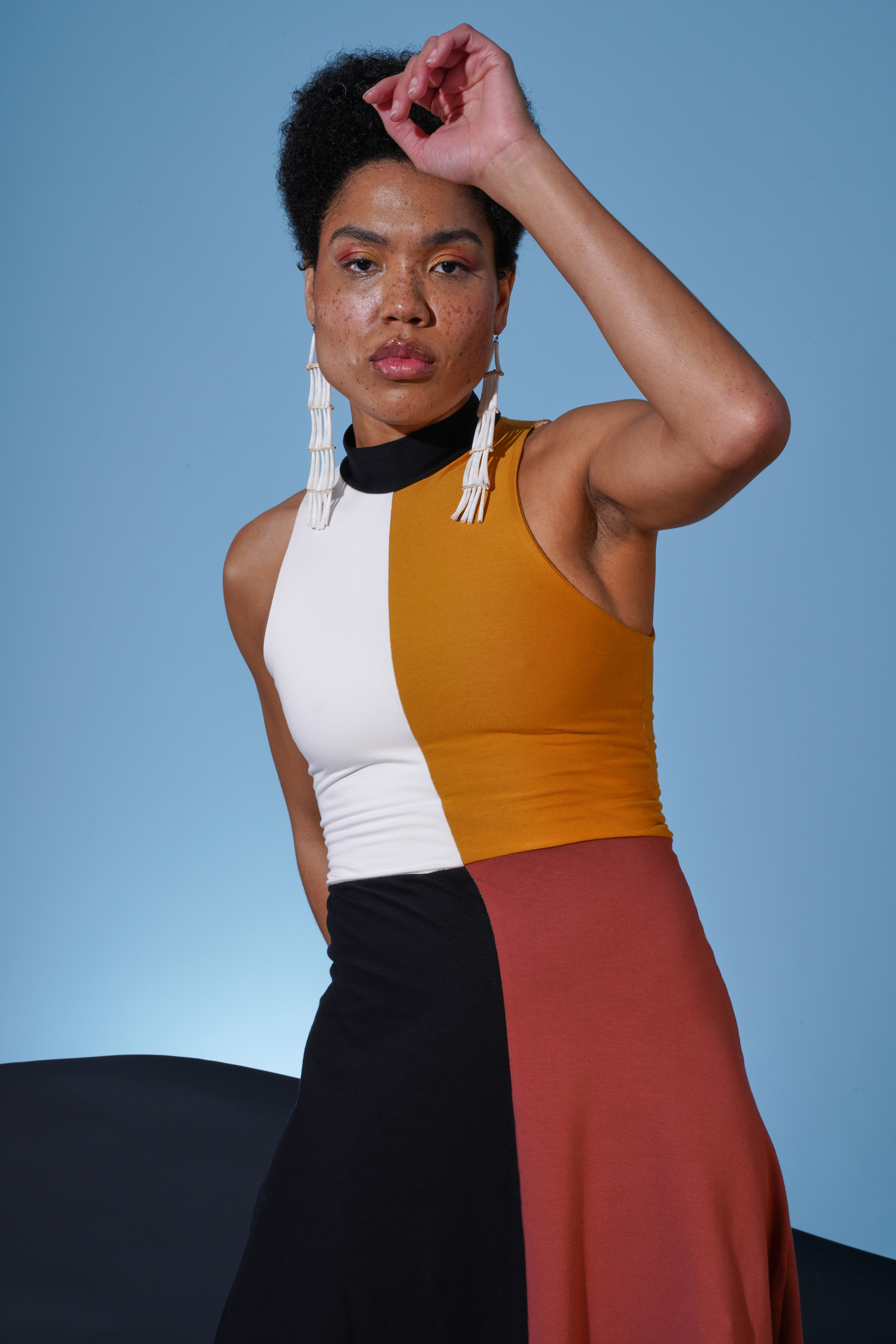
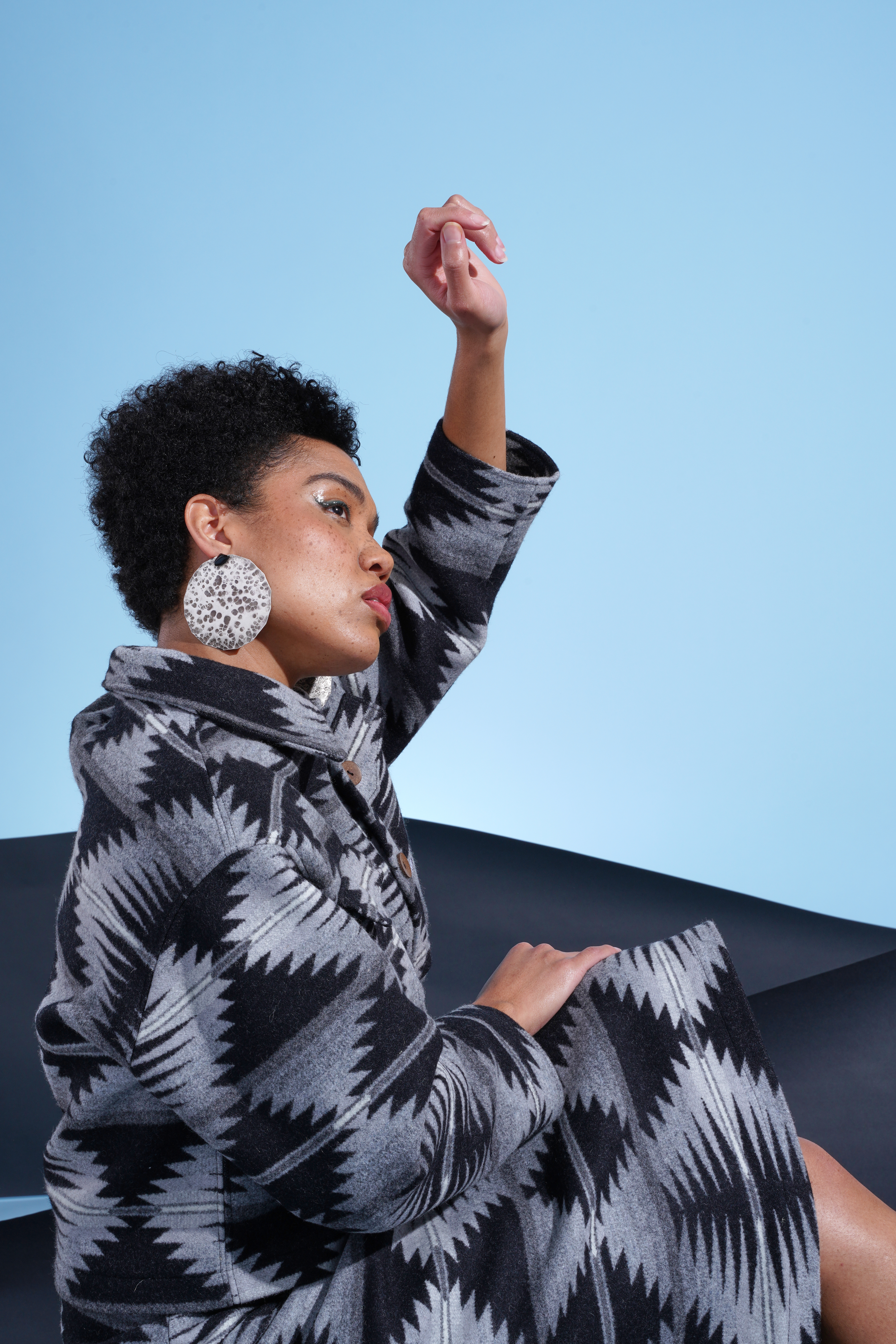
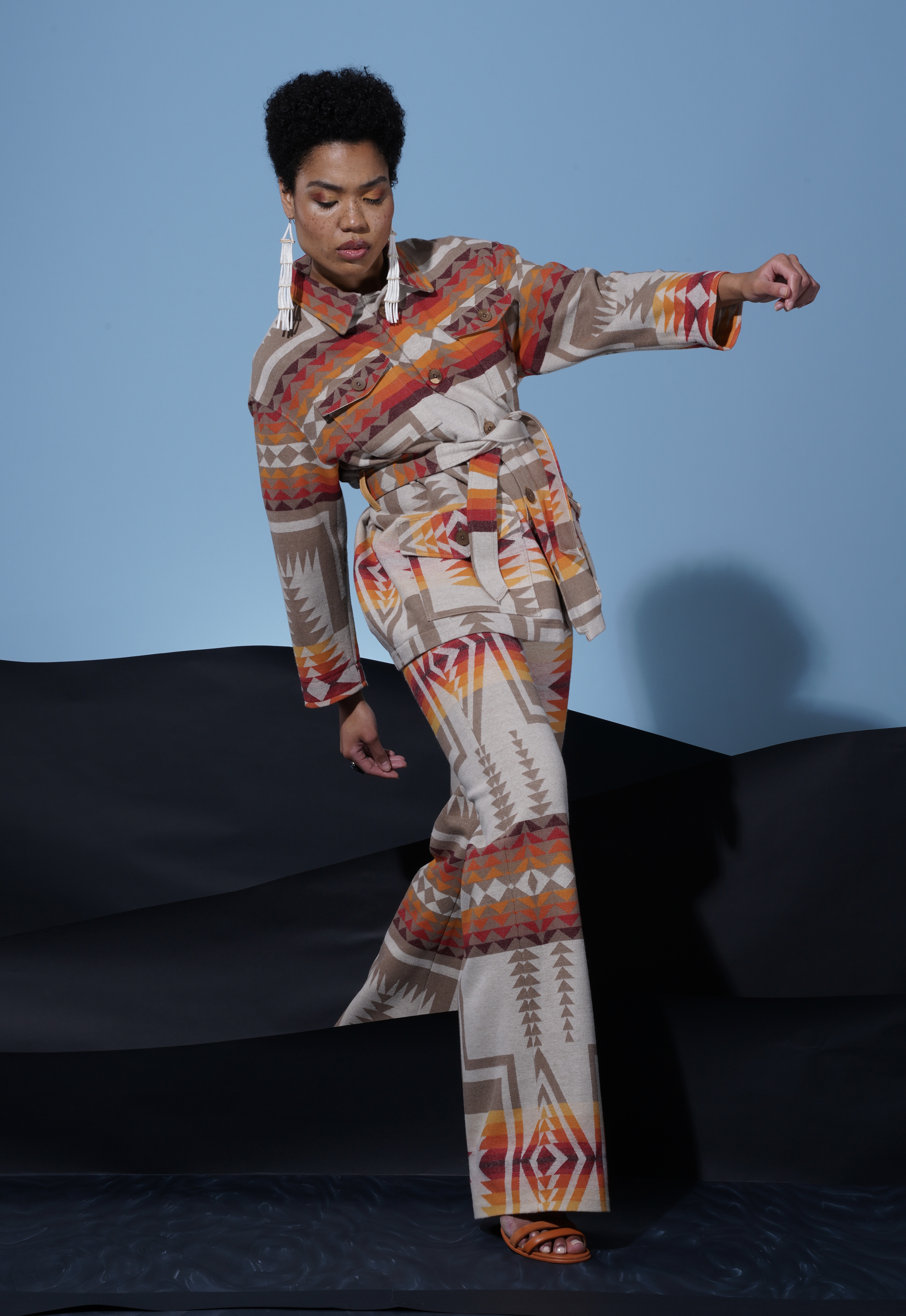
Why is it important to you to manufacture in the United States?
It has always been important for me to insist on ethical and local manufacturing. This year, we started working with a small production studio in NY’s Garment District in order to maintain our philosophies of low waste…having the ability to oversee production on our most coveted pieces. Centering ethical production was our commitment since day one as EMME Studio has been growing since 2015. Sustainability will always be a journey and we’re learning every single day how to better improve the livelihoods of those we work with, even if it’s a small impact for now, we’re so excited to continue our commitments to ethical and sustainable production.
What have you found to be some of the greatest challenges or barriers while working in the American fashion Industry?
I would be lying if I didn’t say money has been the biggest challenge. Ethical and sustainable production throughout the supply chain does not come cheap. But that is for a reason. I place gratitude on every aspect of our process, from the fields to the sheep to the weavers to the delivery drivers and so many more. Humans and resources are not just numbers on a cost sheet. With that being said, EMME Studio has slowly grown as a 95 percent self-funded brand, while we were able to acquire small loans and grants a couple of times. And as someone who moved to New York 12 years ago with less than $100, I humbly use the term “self-funded — because at the end of the day, we are entirely supported by our customers and their desire to see us keep working and creating.
At this point, our goal is to seek out grants that align with our philosophies from people who understand the importance of what we’re trying to accomplish. As someone who wears every single hat in this business, from building the website to ordering material, to checking in with production, to designing and making the majority of our orders to so much more, it can be difficult to sit down and focus solely on the business side. But through our successes and drive, that time is now, and I will remain hopeful that we can continue to build something of great value in EMME Studio.
On the flip-side, what have been some of your greatest opportunities and triumphs?
To be honest, what I am most proud of is the opportunity to build and grow connections within the Indigenous art and design community. Our networks are so diverse and supportive and any opportunity I have gained is because someone put a hand out to lift me up. I think my greatest accomplishment will be offering that same support to others, because it’s not about competition, it’s about community. And with the lack of Indigenous representation in so many fields, the opportunities are endless for our inclusion. I have had the opportunity recently to write articles in major publications to support and amplify the work of other Indigenous business owners, and that feels like a greater accomplishment than any platform I, myself, have been offered. Because we are not a monolith. And people need to understand that a single voice will never speak for an entire movement or people. And we need to focus on amplifying the diversity of Indigenity to truly create equitable and inclusive spaces.
Please join us for our next webinar conversation by registering below:
Opportunities to Foster and Preserve the Crafts of the Native American and Indigenous Design Community
Wednesday, June 23 12:00 – 1:00 PM EDT
Register here
